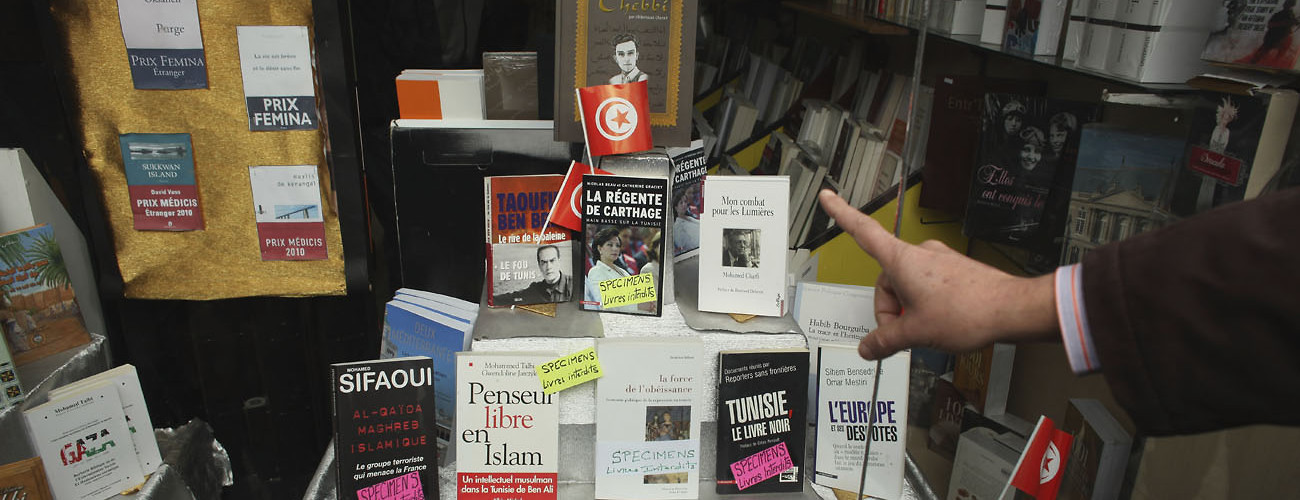No single individual has been credited with leading the Arab Spring. In fact, many have lamented that—in contrast to revolutions elsewhere—intellectuals and literary figures were conspicuously absent in the uprisings that began in Tunisia and spread across the region.
Exploring the role of public intellectuals in the Arab Spring, this report turns that narrative on its head. It analyzes the fight of literary figures against tyranny in the Arab world through a critical look at the relationship between the region’s writers and the authoritarian regimes, the writers’ role in the struggles against authoritarianism, and the persecution and repression that they suffered.
The author concludes that Arab literary figures did what no one else could: they criticized authoritarian regimes publicly while walking a fine line between freedom of expression and censorship. In the process, he argues, novelists in Arab society served as catalysts for change.
This paper was inspired by meetings held at the International Peace Institute as part of the Arab Intellectuals Series launched in September 2011, to provide policymakers with alternative Arab perspectives on the events unfolding in Egypt, Tunisia, Libya, Yemen, and Syria.
Related Events:
Riahi: Arab Intellectuals “Unknown Soldiers” of the Revolution
Libya and Yemen: Two Arab Authors Discuss the Troubled Uprisings








